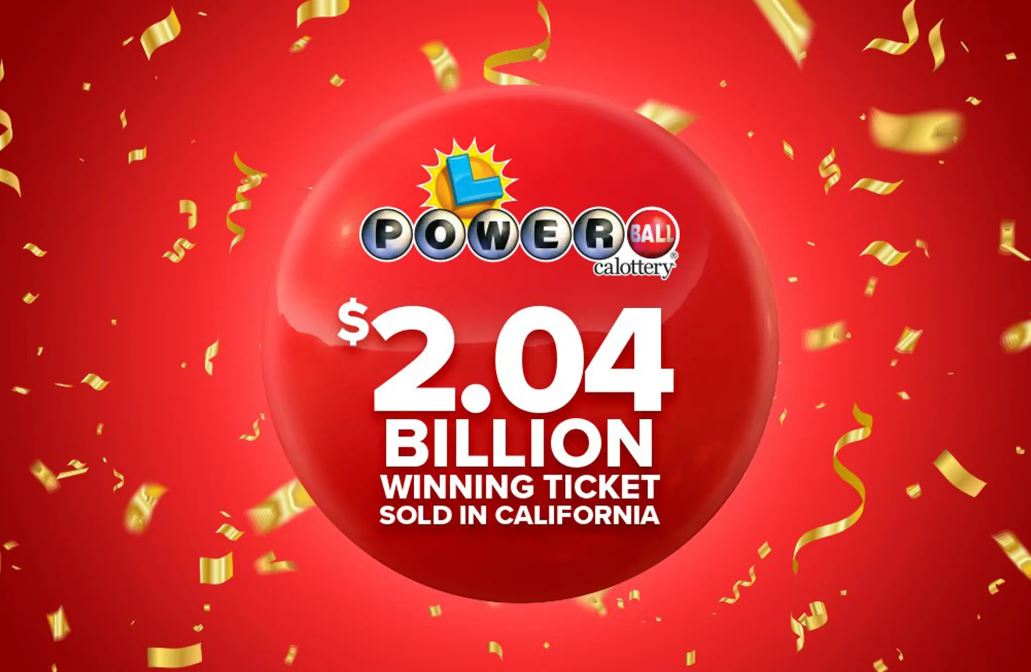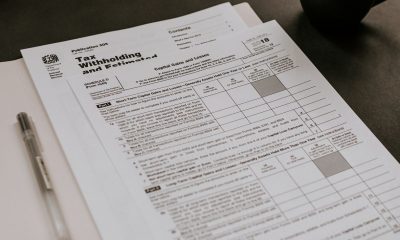news
$2.04 Billion Powerball Winner Gets $628 Million After Taxes

Someone who bought a Powerball ticket at Joe’s Service Center in Altadena, California, won $2.04 billion.
Only one winner matched all six numbers: 10, 33, 41, 47, 56 and a Powerball of 10. The 1 in 292.2 million chance ticket was sold at Joe’s Service Center, a gas station in Los Angeles County.
This is the largest lottery jackpot ever won. However, the winner will not become a billionaire. This is due to the fact that winning the lottery in the United States is taxable income.
The Powerball winner has the option of receiving the money in a lump sum or in installments. If the winner chooses a lump sum, the $2.04 billion is reduced to $997.6 million.
To receive the full $2.04 billion, the winner must choose the 30-year payment plan. This equates to approximately $68 million per year. All of this is before taxes.
The majority of Powerball winners choose the lump sum payment. The cash option on the $2.04 billion win is actually $997.6 million, but the winner will not receive a check for that amount. Powerball will withhold 24% of the winnings ($239,424,000) as a withholding tax to be remitted to the IRS. The winner will receive $758,176,000.
The top tax rate, however, is 37%, and winning the Powerball would undoubtedly place you in that category. So, on April 15, 2023, our winner will have to write a $129,688,000 check to the IRS to make up the difference between the 24% withheld and the 37% tax rate. After federal income tax, the winner would have $628,488,000.
We must now consider state taxes. Given that the winning ticket was purchased in California, it’s safe to assume that the winner resides there. Unfortunately, California has the nation’s highest state income tax, at 13.3%. Fortunately, and surprisingly, Powerball winnings are not taxed in California! If it did, the winner would have to pay an additional $132,680,800 in taxes.
Other states that do not tax lottery winnings include Wyoming, Texas, Alaska, Washington, New Hampshire, Tennessee, South Dakota, Nevada, and Florida. If our winner resides in another state, he or she must pay state income tax on the jackpot.












